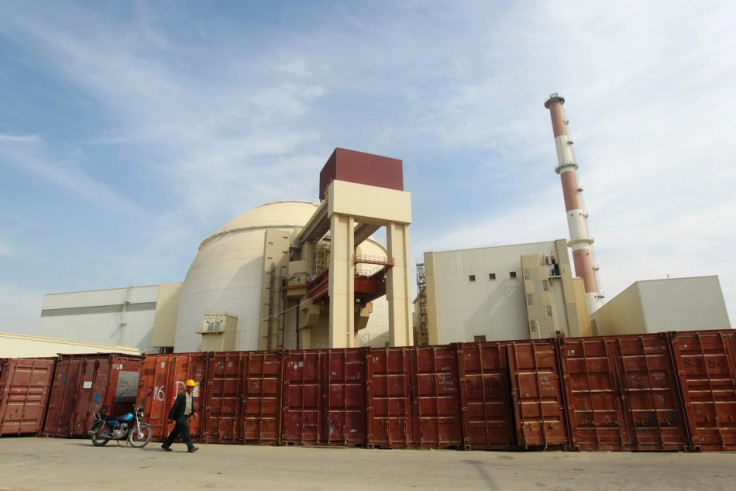US Senate overwhelmingly passes Iran nuclear deal bill after Democrats and Republicans soften terms

The US Senate overwhelmingly passed a bill on 7 May that would allow Congress to review a nuclear deal with Iran, with a vote of 98-1. The bill's passage was uncertain after Republicans spent weeks attempting to push amendments that would have been threatened with a veto by President Barack Obama.
The bill, which would give Congress 30 days to review any nuclear deal and pass a resolution of disapproval, would not allow the president to lift some of the sanctions placed on Iran by Congress.
"We've worked hard to create a great bipartisan balance. And we have an opportunity to do something that is a landmark piece of legislation," Senate Foreign Relations Chairman Bob Corker said, according to Politico. "No bill, no review. No bill, no oversight. The American people want [Congress] on their behalf to ensure that Iran is accountable."

According to the Guardian, Republican Senator Tom Cotton of Arkansas was the only person to vote against the legislation. Cotton wants an amendment that would make Iran's recognition of Israel's right to exist as a Jewish state mandatory. However, that was dropped.
The senator, along with 46 other Republicans, also sent a letter to Iranian leadership warning it that the future president could reverse any agreement made with Obama.
However, after heavy infighting among the GOP, Corker and Democrat Senator Ben Cardin of Maryland were able to convince their colleagues to withhold on adding amendments that could jeopardise its passage. According to the Guardian, the White House originally opposed the bipartisan agreement but has now said the president will not veto the bill if it passes.
The bill will now head to the House of Representatives, where it has the support of Republican Speaker John Boehner of Ohio.
© Copyright IBTimes 2025. All rights reserved.





















